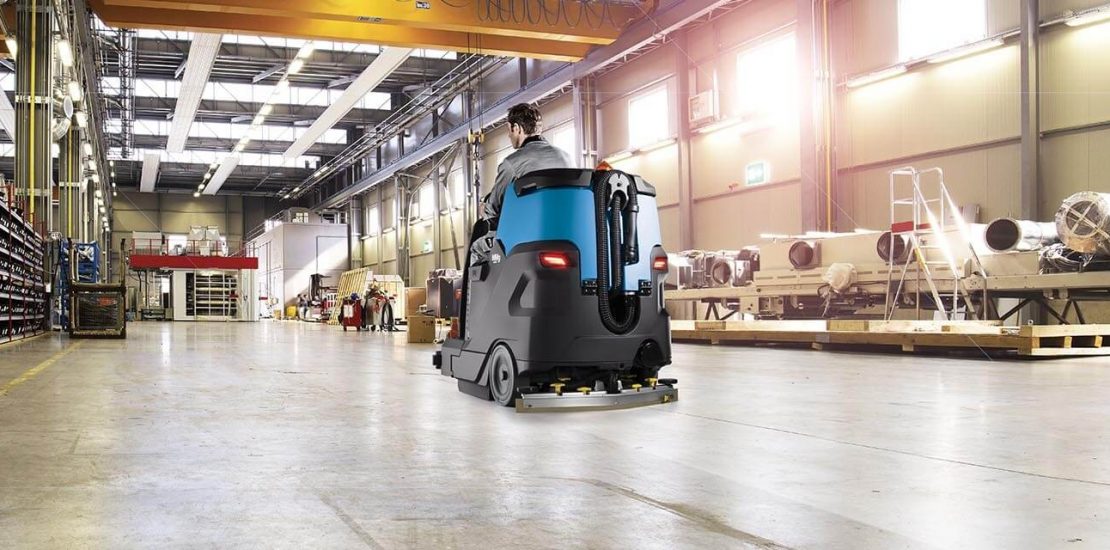Certainly, commercial pressure washers and industrial pressure washing machines require much heavier-grade components than pressure washers designed for home use. Unfortunately, many commercial and industrial users make the mistake of buying home pressure washer machines because they are cheaper in price; they will never hold up to commercial and industrial workloads. The end result is pressure washer breakdown and a lifespan that most likely will be a fraction of the higher-powered, commercial and industrial pressure washers.
Pressure washers and general pressure washing equipment are used every day by commercial cleaning contractors, facilities maintenance, food manufacturing, manufacturing industries, real estate maintenance, graffiti removal, car washing, and so many more applications. Commercial and industrial pressure washers are made with industrial pumps, motors, and other heavy-duty components. The type of pressure washer very much depends upon the pressure washer application.
Pressure washers come in different varieties, namely, cold water pressure washers, hot water pressure washers, and steam pressure washers. Cold water pressure washers emit water at temperatures similar to the inlet water temperature, and are good for general cleaning of dirt and many other substances that do not have to be removed with heat.
Hot water pressure washers, which typically achieve temperatures up to 200° F, are good pressure washing machines for applications targeted to remove grease, oil, and other substances that cold water pressure washers either cannot remove well, or will otherwise take too much time to effectively and productively remove them.
Hot water pressure washers work better than cold water pressure washers to clean cars when auto detailing, trucks and construction equipment, food contact surfaces, and much more.
Steam pressure washers use heating coils to achieve temperatures up to 330° F, and are far superior to either cold water pressure washers or hot water pressure washers when it comes to removing dirt, grease, food, chewing gum on concrete, graffiti, and countless other substances. Stainless steel or heavy carbon heating coils offer the best reliability, and help create ultra high temperatures that make all the difference in the world.
Another benefit of steam pressure washers is they do not require chemicals as would be the case for cold water pressure washers and many hot water pressure washer applications. The high steam pressure washer temperatures are excellent to sanitize and disinfect better than hot water and cold water pressure washers. We suggest only green cleaning chemicals with 100% organic ingredients if you want to add extra cleaning power to the overall cleaning process.
Steam pressure washers use propane, kerosene, gasoline, or heating oil to create essentially “wet steam”. We emphasize “wet steam” because the wet, high temperature flow is crucial to not only help to dissolve the substances, but also wash them away.
Dry steam cleaners or vapor steam cleaners – “Dry steam” cleaners offer a fraction of the pressure of steam pressure washers, but even more importantly they lack the flow to remove substances from the surface.
Dry steam cleaners’ power is measured in psi just like steam pressure washers, but dry steam cleaners typically emit only 60 psi or somewhat higher compared to steam pressure washers at up to 4000 psi. Unfortunately, since dry steam cleaners use boilers to heat, the flow, which starts out higher at the beginning, loses its power as it struggles to maintain its steam upon continuous usage. This is simply the nature of boiler-generated steam for consistent, continuous water flow applications.
While pressure washers use a continuous flow of water for non-stop cleaning, dry steam cleaners contain either a boiler that needs refilling when water is depleted, or else the technology includes a refill chamber that feeds the boiler so you can add water without the need to power down and refill.


